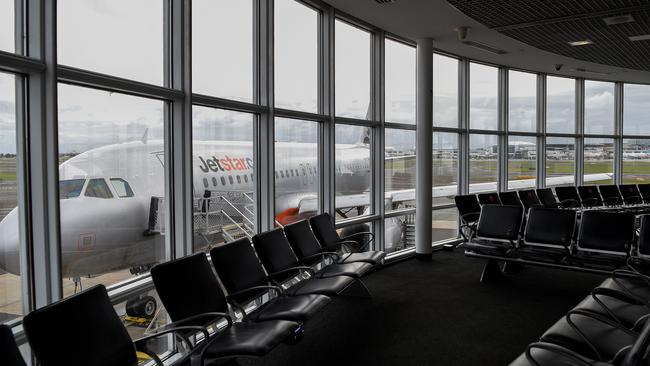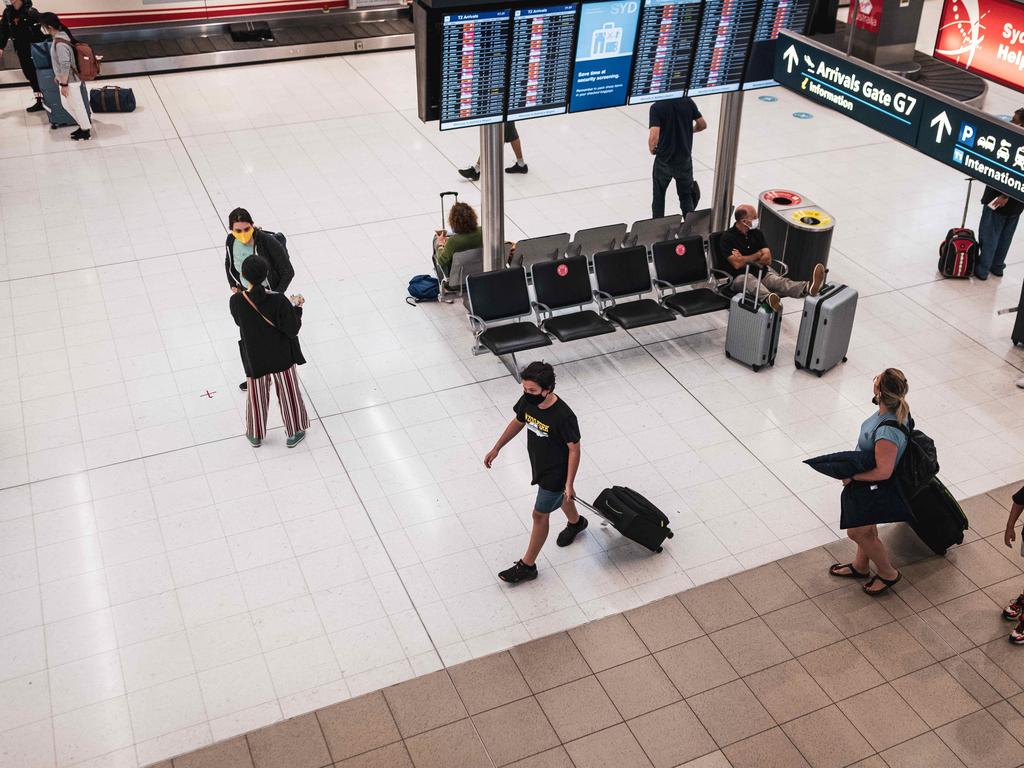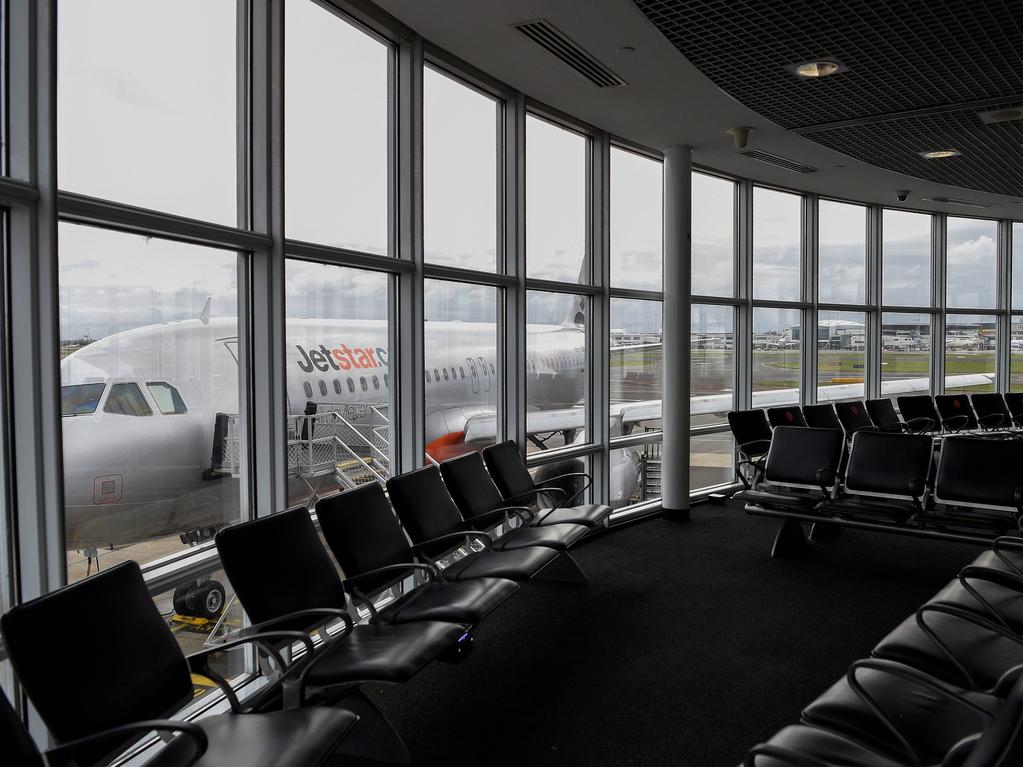Sydney Airport rejects $22.3bn takeover offer
Negotiations for the sale of Sydney Airport may be just heating up after the gateway rejected an initial bid of $22.3bn.

The heavyweight consortium that offered $22.3bn for Sydney Airport has not ruled out another bid after its proposal was rejected as too low.
IFM Investors, QSuper and Global Infrastructure Partners made up the Sydney Aviation Alliance that put the conditional offer to the airport’s board at an indicative price of $8.25 a share.
After more than a week of deliberations, the board announced the bid undervalued Australia’s biggest gateway and was not in the best interests of shareholders.
“In coming to this conclusion the board has considered various factors including the opportunistic timing of the proposal given the significant impact of the Covid-19 pandemic on Sydney Airport’s performance,” the board said in a statement to the ASX.
“Sydney Airport is strongly positioned to deliver growth as vaccination rates increase and we move into the post-pandemic recovery period.”
The statement suggested the board would consider a higher offer, which recognised “the strategic and irreplaceable nature of Sydney Airport as one of Australia’s most important infrastructure assets”.
The board did not name a price but a figure above $9 a share was thought in the ballpark given the airport’s pre-Covid price of $8.94.
On Thursday, shares were flat at $7.81, in a sign the market expected negotiations to continue.
The Sydney Aviation Alliance would neither commit to nor rule out making a further offer.
With vast experience in airport ownership and regulation, IFM Investors, QSuper and Global Infrastructure Partners are considered serious contenders for Sydney Airport, which is Australia’s only publicly listed gateway.
In a statement, consortium members expressed their “surprise and disappointment” at the board’s rejection of their “extremely attractive” offer, given the changes inflicted on the aviation industry by Covid-19.
“The consortium believes any assessment of Sydney Airport security prices before the pandemic is of limited relevance given the company’s materially changed circumstances and challenging outlook,” the statement said.
“This includes potentially significant reductions to demand arising from the pandemic, the introduction of a competitor airport in western Sydney in 2026 and changes in business and consumer travel preferences.”
Despite optimism international travel would rebound once borders reopened, questions remained over the timing of the recovery, in particular the return of Australia’s largest inbound travel market – China.
Milford Asset Management portfolio manager Daniel Simmonds said the “dance” was just beginning as the consortium weighed up its next move. “Sydney Airport’s board has left the door open to an extent in their commentary, by saying they would progress a deal that represents fair value,” he said.
“It feels like they’re being constructive. They didn’t say ‘no deal’. They pointed to price as a point of contention and the price flagged doesn’t seem at odds with what people have been talking about.”
Another bidder becoming involved also remained a possibility, with reports Macquarie Group was considering a rival offer.
Mr Simmonds said the ball was definitely back in the hands of the Sydney Aviation Alliance.
“These things don’t happen overnight. The way it’s playing out so far is pretty much in line with other deals of this magnitude,” he said.
A sale of Sydney Airport would bring it into line with Australia’s other major airports, which are owned by infrastructure investors, primarily pension funds.
Sydney Airport’s largest stakeholder, UniSuper, has previously signalled its support for the company to be taken private and declared its “favourable” opinion of the three Alliance members.
On Thursday, UniSuper declined to comment on the board’s rejection of the takeover offer.
ClearBridge Investments, which holds 1.5 per cent of Sydney Airport shares, said it had confidence in the board’s commitment to maximising shareholder value.
Infrastructure portfolio manager Shane Hurst said as a global investor, ClearBridge was “not sentimental” about Sydney Airport remaining a publicly listed company providing that meant a good return on its investment.
“If the best way to do that is a sale of Sydney Airport than that’s the way it has to happen,” he said.








To join the conversation, please log in. Don't have an account? Register
Join the conversation, you are commenting as Logout